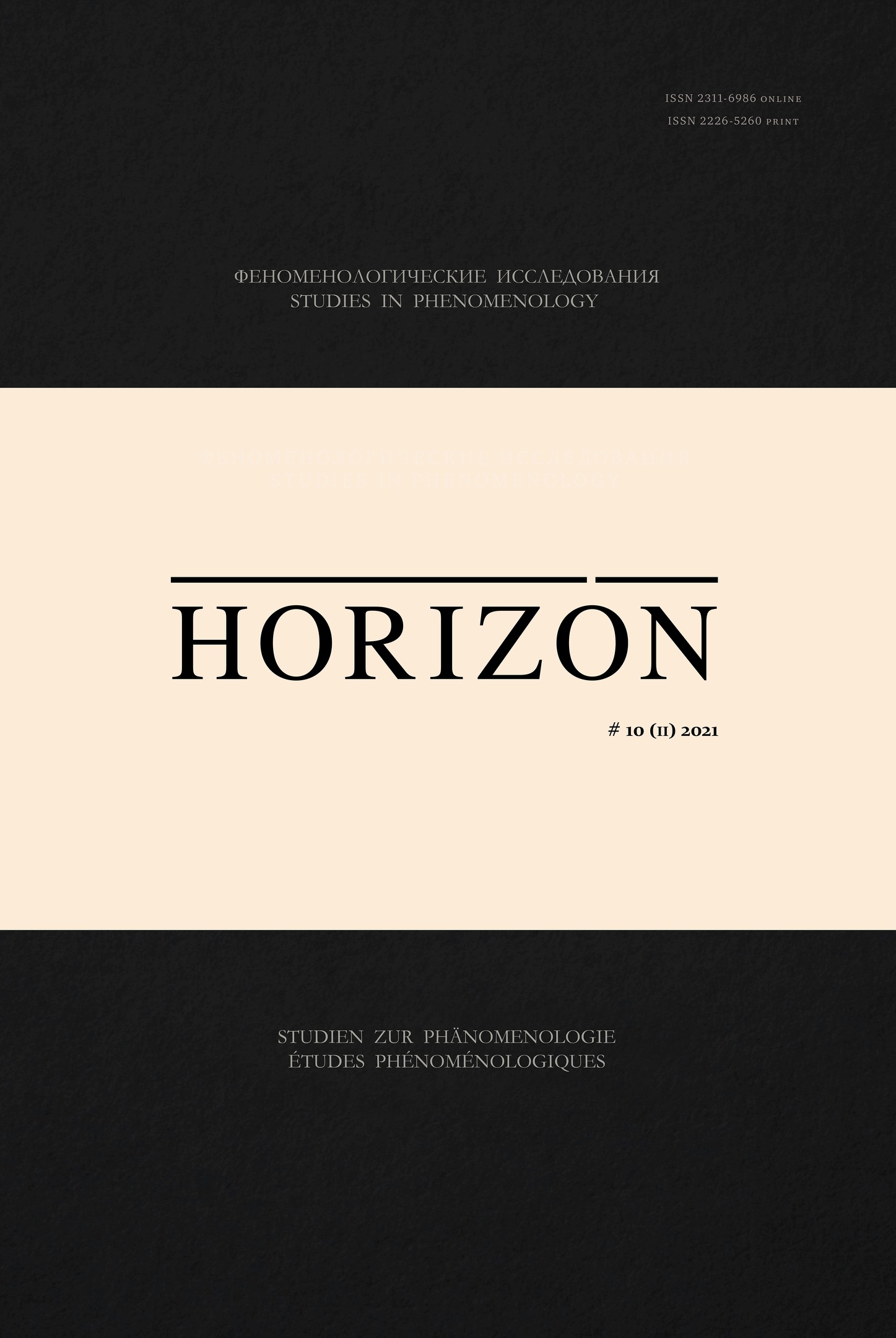IN-BETWEEN MIND, SPIRIT, AND BEING: A CRITICAL APPRECIATION OF GERDA WALTHER’S PHENOMENOLOGY OF MYSTICISM WITH PARTICULAR REFERENCE TO CORRESPONDENCES TO POST‑MATERIALIST NOTIONS OF REALITY
IN-BETWEEN MIND, SPIRIT, AND BEING: A CRITICAL APPRECIATION OF GERDA WALTHER’S PHENOMENOLOGY OF MYSTICISM WITH
PARTICULAR REFERENCE TO CORRESPONDENCES TO
POST‑MATERIALIST NOTIONS OF REALITY
Author(s): PATRICIA FEISE-MAHNKOPPSubject(s): Anthropology, Philosophy, History of Philosophy, Philosophical Traditions, Contemporary Philosophy, Phenomenology
Published by: Издательство Санкт-Петербургского государственного университета
Keywords: Walther; early phenomenological movement; mystical experience; mind/spirit; being; anthropology; theological turn; post-materialism;
Summary/Abstract: In her main work, Walther exposes the unio mystica as meta-transcendental constitution of (fundamental)spiritual being (the bracketing indicates that this demonstration can be read in a metaphysical,i.e., strong, as well as in a secular, i.e., weak, version). While reflecting her approach theoretically and methodologically by drawing on Husserl, Landmann, Stein, just as on Pfander and Conrad-Martius,Walther proposes a genuine approach that pushes the transcendental idealistic paradigm further. Its crucial claim is (imperfect) perceptibility and experientiality of (fundamental) spiritual being (labeled“God” by Walther). It is based on a substantially and ontologically differentiating—though integrative—notion of the conditio humana: entanglement of ego-center (both belonging to the transcendental realm and transgressing it meta-transcendentally), self (belonging to psychophysical being), and soul spiritual implications of personal basic essence (belonging to spiritual being) with its “metaphysical-realcore” (belonging to fundamental spiritual being). By the help of mystical vision, (fundamental) spiritual being is not only (though imperfectly) perceived and experienced; rather, according to Walther, humanego-consciousness also communicates with God as a spiritual person. However, the latter cannot be supported by Walther’s analysis. In other words, a critical distinction must be made between the—phenomenologically demonstrable—philosophical content of Walther’s investigation and its theologically motivated readings. Accordingly, the present article can appreciate the philosophical significance of her Phenomenology of Mysticism without thereby being committed to its theological interpretations. Walther’s main work, in summary, is a substantial—if not consistently concise—contribution to the philosophy of mind/spirit and being, which, moreover, is able to act as a bridge between philosophical phenomenology and theology. Additionally, in the weak reading, Walther’s integrative concept of mind/spirit and being is connectable to postmaterialist notions of reality.
Journal: Horizon. Феноменологические исследования
- Issue Year: 10/2021
- Issue No: 2
- Page Range: 499-533
- Page Count: 35
- Language: English
- Content File-PDF

